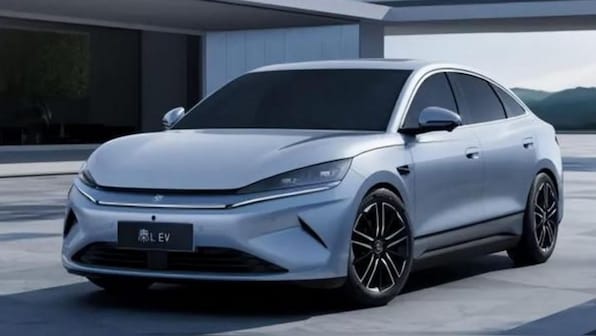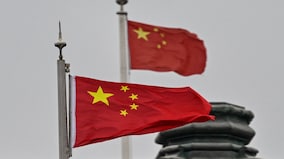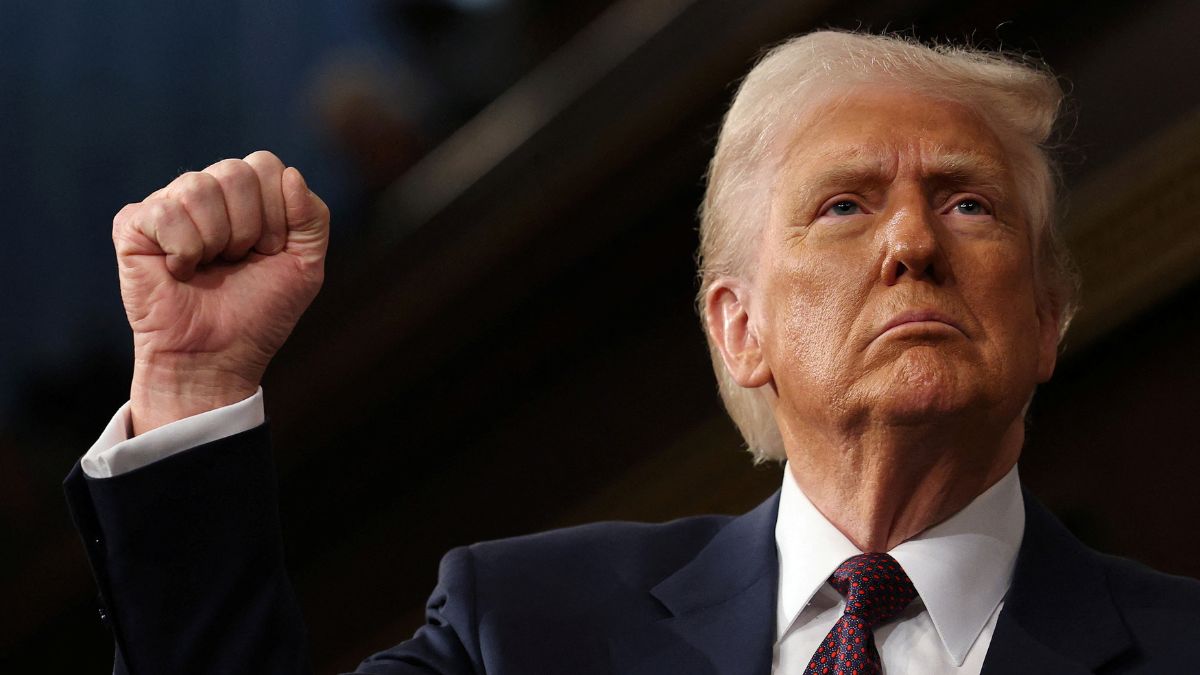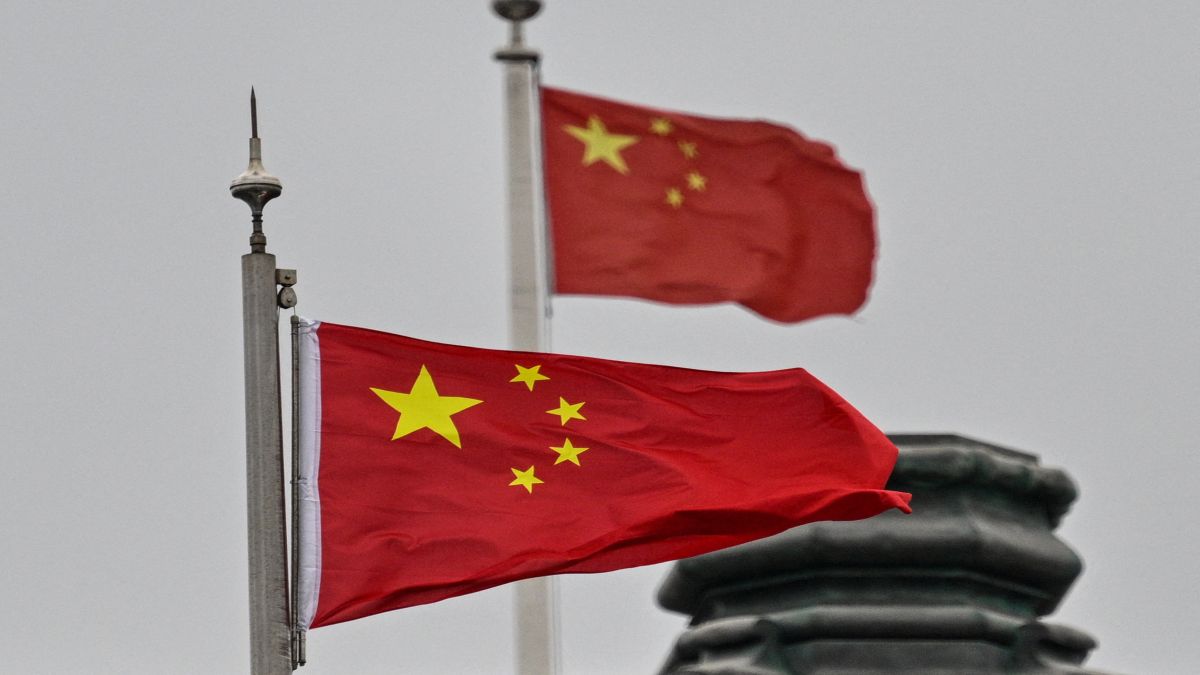Tesla’s Model 3 has long dominated China’s electric vehicle (EV) market. Now, its Chinese rival BYD has launched a new sedan with similar features as of Model 3 at around half the price.
BYD’s model, named Qin L, starts at $16,517 while Tesla’s Model 3’s basic edition costs consumers $32,500.
Qin L gives Tesla tough competition in performance too. Model 3 offers a driving range of 634 kilometres, slightly more than Qin L’s 545 kms.
But what about self-driving features?
Like Tesla, Qin L also comes with preliminary self-driving software and a digital cockpit.
Touted as one of the most serious challenges yet to Tesla’s Model 3 and Model Y SUV, Qin L along with Xpeng’s Mona M03 further threaten to cast shadow on Tesla’s sales in China.
As far as the monthly sale is concerned, Tesla is already facing the heat of the impressive rise of Chinese EV makers.
In February, the Elon Musk-owned company just sold 30,688 units in China. It’s 51.5 per cent less than what Tesla sold in January and 49.2 per cent less than the February 2024 figures.
Tian Maowei, a sales manager at Yiyou Auto Service in Shanghai, was quoted as saying by the South China Morning Post (SCMP) that BYD is targeting China’s middle class with its affordable yet nifty products.
“BYD has already impressed most Chinese drivers as a maker of reliable electric cars, and its new products that are affordable to middle- and low-income consumers will lure some Tesla fans away from its Model 3 and Model Y,” he said, adding, “As it enjoys a pricing advantage, Qin L will easily generate thousands of deliveries a month.”
To put the data into perspective, BYD sold a whopping 322,846 cars in February, 164 per cent more than what it sold in February last year.
Tesla’s share in China EV market declines
Tesla’s share in total EV sales in mainland China has dropped from 16 per cent in 2020 to a mere 4.3 per cent in February this year.
SCMP quoted two sources familiar with the matter as saying that Tesla is now planning to launch a cheaper version of its Model Y in the Chinese market to compete with BYD and Xpeng.
However, Chinese companies are increasingly relying on offering discounts to spur their sales. For instance, China’s automakers offered discounts on a record 227 models last year, including both petrol and EVs.


)
)
)
)
)
)
)
)
)



